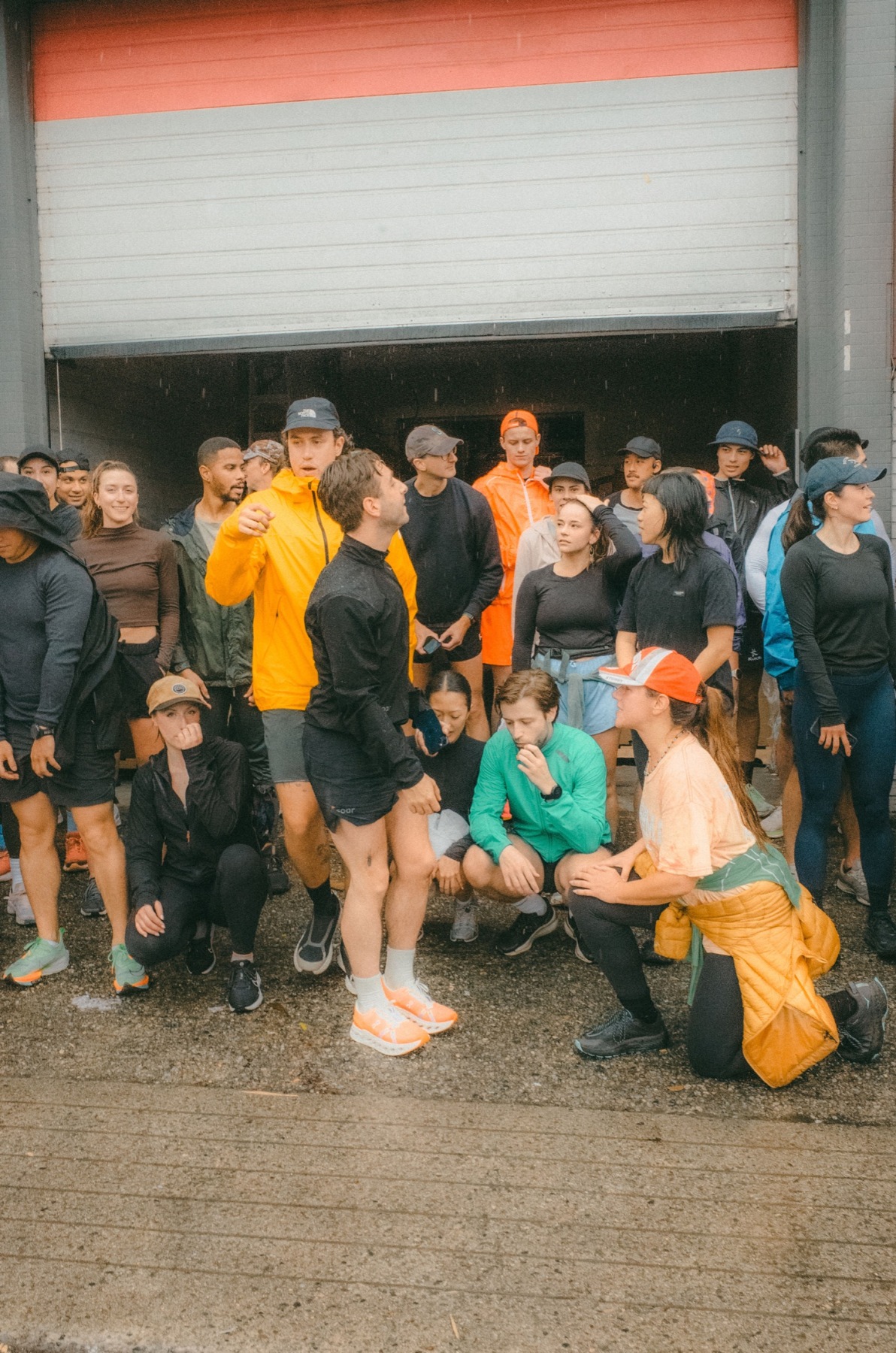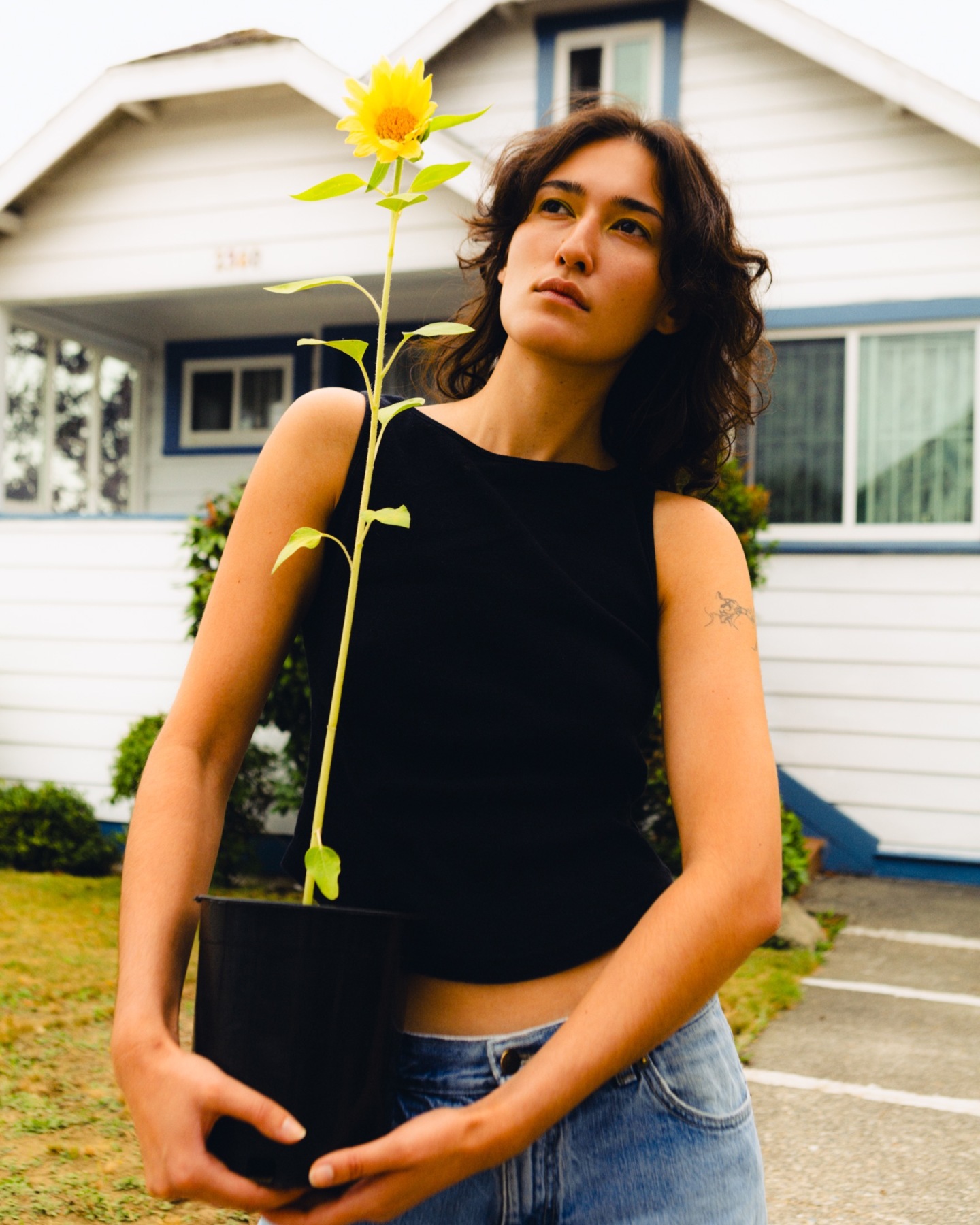by Isabel Stewart
Blue light illuminating my face, I scrolled and clicked through countless websites looking for the perfect bachelor’s program. In those weeks leading up to finding my degree, which is now coming to a close, I had only a few priorities on my mind. The most pressing of them was to find a program, any program. My mother always drilled into us (myself and my siblings) that getting an education was one of the most important things in life – “they can take your money, your home, your things, but once you get that paper they can’t take away your education!” – not so subtle. I wasn’t getting any younger either and most people I knew in university had started years ago, the pressure was on. I wanted to help change the world for the better (cue angelic harp music) and I wanted to do it by employing my obsession with plant-life. Helping to guide my search for the right degree was the idea of getting involved in bringing agriculture into the city, the fantasy of urban farming. I landed on a BSc in Sustainable Agriculture and now, at the tail end of it, I can finally look back at how my idea of what is important in local food work has evolved.
In the midst of my nervous, excited first week on campus I had the pleasure of meeting my cohort, my professors and some really inspiring food systems experts. I felt that I was dropped into a world of possibilities, where my interest in community organizing, ecological justice, and the joy of food all met. It wasn’t long before I was deepening my philosophical understanding of food and ecology. The expansive world of interconnected and nested processes unfurling before me. Gathering it all together,
I learned that this complicated world where nature meets human interest is referred to as our food system.
Biking home on cool autumn nights and taking the skytrain back into the heart of the city I would close my eyes and feel a full-ness, I had found my passion!

Most people respond one of two ways when I divulge my degree to them. They either ask something along the lines of oh, like permaculture? or they will ask me what it is I plan to do with it. Both are good questions. The latter is easiest to answer – I don’t know. I have no idea where this study is going to take me and I am dedicated to food studies purely out of interest. There isn’t much money in farming, so I get why the prospect of the degree is so confusing. The peers of mine that have graduated have fractured off into different realms; some are farmers, policy researchers, consultants etc. I’ll let you know where I land when I figure it out.
The permaculture response is more interesting. It’s a sort of simplifying of what a sustainable food system is, which is totally fair, and permaculture is definitely a part of it. When I think of all the things that make up a food system, I think of a forest.
There are foundational parts, the trees and rocks, and climates that take up the most space in the system. There are agents, the organisms that move around and live out their lives in the system.
All of the distinct parts interact with each other and create a sort of inter-dependent web. The food system is very much like that. We have the big foundational categories, i.e. the production, distribution, and consumption/disposal of food. Those are all material aspects about where food is grown and harvested, how it is transported, who can access it, and how it is processed, eaten, enjoyed and recycled. Already there is so much there that can be explored and analysed. Then you have the agents in the food system, the people that make up communities. This is where my greatest interest lies. Food is one of those unavoidable necessities that, when looked at closely, reveals so much about a culture.
What are your favourite foods? What foods do you recoil at? Did your grandmother have a favourite recipe?
Simple questions like that vary so much across cultures.

So, if a food system is this dynamic forest with lots of moving parts and food is at the centre, what does it mean to think about that in terms of sustainability? It tends to play out in three arenas – we look at the ecological, economic, and social aspects (what people will refer to as “the Three Pillars of Sustainability”).
It is really important to grow food and raise animals in a way that supports the natural environment. We are seeing the effects of our short-sighted farm practices on the ecosystem in the form of deforestation, CO2 off-gassing from factory farmed cattle, soil erosion, and pesticides leaching into the environment to name a few.
It can be exhausting to spend long nights reading about the many ways people mess up delicate ecosystems. To think about waterways and forests desecrated. As the fear around climate collapse is spreading into common spheres that distress is becoming more relatable for everyone.
The pressing issues of environmental degradation that many people inside and outside of food systems work are worried about is legitimate. To me though, only tending to that one dysfunctional part of our food web is insufficient. If we don’t look at how food is affected by and affects the economy, or how people are impacted by food systems then we aren’t getting a full picture of what needs to change. When we think about the economic sustainability, we think about issues like how to keep farmers from becoming destitute, or the importance of keeping food production from being monopolized.
We look at how the mechanisms of capitalism keep certain farmers hostage through dependency on pesticides, or keep farmers from doing traditional practices like seed sharing.
These issues can be examined at a local level, at issues like the chipping away of ALR land, or development and resource extraction. It can be global in scope as well, when we look at how international trade creates environments of exploitation, land dispossession and environmental degradation.
The social sustainability piece asks us to consider the relationships between people involved in farm systems. Any sustainable project would address the wellness and safety of the people involved in its operation. This can look like fair pay, safe working conditions and access to food. We can consider food deserts, plentiful both within cities and within broader regions in Canada, as a cultural failing that sustainable food systems need to address. Ensuring Indigenous people have control over ancestral lands and food sources is integral in any meaningful conversation about sustainability.
The issue of whether it is even ethical to farm and profit off of stolen land should be at the forefront of our sustainability conversations here as farmers, researchers and citizens.


When I think about my own experience in farming and culture, I think about meeting my peers for the first time. In class we were asked if we came from farming backgrounds. My cohort (entirely white save myself and an international student) either responded as being urban or from farm families. Although I said no, I was born and raised in the city, in the back of my mind I thought about my enslaved relations who absolutely worked on farms in the Caribbean. It wouldn’t really matter much to me if those colonial plantations were growing eco-friendly closed-loop permacultures.
I think back to when I imagined urban farming to be my future. Through the years, I came to realize that to me farming rurally is more interesting and more important.
Urban farming is a cool project that can remind people who are disconnected from land where food comes from.

As an innovative answer to the multifaceted problems of sustainability, I think it falls short. Where I am really intrigued by sustainable food production is in rural areas and in the ocean. Local food system revolutionaries like Dawn Morrison remind us that pre-contact communities lived and managed food systems sustainably for millennia and that healthy ecosystems benefit the entire food system and by extension everything that it supports. Indigenous alliances, including members of the Tla-o-qui-aht, Ahousaht Ucluelet and Ligwilda’xw nations, have protested fish farms on the coast for years in an effort to protect marine sustainability. Migrant workers’ rights organizations across Canada fight to gain rights for racialized workers who are underpaid and work in unsafe conditions. The Certified Organic Association of BC standardizes environmentally conscious practices and encourages community among growers. It is in these non-urban spaces where the majority of food is produced, and I believe will continue to be produced, for as long as humans have to eat.
There’s a sort of resilience to the murky landscape of food systems that I am grateful to have built in the years of my schooling.
I don’t feel despair when I think of how much work there is to do to move away from damaging systems. When I have to hold difficult truths about the state of the world the first thing that comes to my mind is the refusal of defeat so many of my teachers and peers embody.
The people who spend their time dreaming of agricultural landscapes that are robust, resilient, co-operative, and abundant keep me hopeful. I don’t know about you, but I think that energy is contagious.
Think systems, but make it farming.
Writing by Isabel Stewart
Photography by Alana Paterson, taken on Valley Buds Farm
Isabel’s read list:
“We Desperately Need to be Talking About food Sovereignty” – Emily Gilpin (National Observer)
“What’s the Agricultural Land Reserve and Why Should We Care?” – Susan Swift (Bowen Island Undercurrent)
“The One-Straw Revolution: An Introduction to Natural Farming” – Masanobu Fukuoka
“Sweetness and Power” – Sidney Mintz
Also Isabel suggest to follow through to this link for education and wealth distribution if you feel able:
Migrant Workers Rights Database: which aims to “abolish slavery’s legacies embedded within current Canadian and similar administrative frameworks.”





